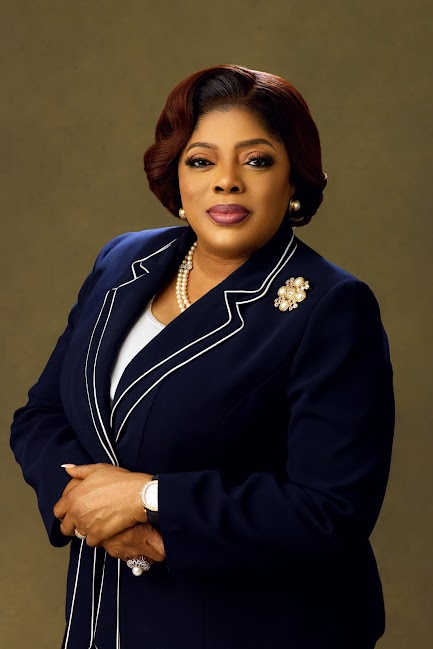Opinion
As Fidelity Bank Remains Investors’ Toast
In an increasingly uncertain macroeconomic environment, Fidelity Bank Plc has remained appealing in the banking sector.

IKpe
This is evident in its full year 2022 financial results which showed a better-than-expected performance amid the headwinds in the economy.
Specifically, in the full year 2022 results, Fidelity Bank’s gross earnings increased to N337,050 billion as of December 31, 2022, significantly higher than the N250,776 billion recorded at the end of 2021.
Also, Fidelity Bank’s Net Interest Income climbed to N152 billion in the year under review, up from N94.879 billion the previous year.
Also, its profit before income tax stood at N53.677 billion in the year under review, higher than N25.215 billion the previous year.
Fidelity Bank’s profit after tax for the year under review stood at N46.724 billion, higher than the N23.104 billion it realised in 2021. Additionally, its total assets increased to N3.989 trillion in 2022, up from N3.278 trillion in 2021.
While its loans and advances to customers in the year under review stood at N2.116 trillion in the year under review, up from N1.658 trillion the previous year, customers’ deposits grew to N2.580 trillion, higher than N2.024 trillion the previous year.
Owing to this, the Board of Directors of the bank have proposed a final dividend of 40 kobo per share which in addition to the 10 kobo per share earlier declared as interim dividend amounts to N0.50 per Ordinary Share of 50 kobo (2021: Dividend of N0.35 per Ordinary Share of 50 kobo each amounting to N10,136,904,992.20) from the retained earnings account as of 31 December 2022.
On the back of an impressive first half 2022 results, Fidelity Bank had declared an interim dividend payment of 10 Kobo per 50 Kobo ordinary share, subject to appropriate withholding tax, to shareholders whose names appear in the Register of Members as at the close of business on September 12, 2022.
The interim dividend payment was the first in the bank’s 34 years history. Fidelity Bank had reported a remarkable 21.6 per cent growth in its half-year 2022 profit to N25.1 billion.
Since she assumed the position of the Managing Director/Chief Executive Officer of Fidelity Bank Plc in 2021, Nneka Onyeali-Ikpe has made it clear that her target is to deliver a financial institution that meets all stakeholders’ expectations, even as she continues to push the bank to rise to be among the tier-one banks in the country.
In August 2022, Fidelity Bank intimated the public of its proposed acquisition of Union Bank United Kingdom as part of its expansion plans and in line with regulatory stipulations.
The bank’s plans to acquire a 100 per cent stake in Union Bank UK marked its first foray into the international market.
Commenting on the transaction, Onyeali-Ikpe stated, “This transaction aligns with our strategic plan of expanding our service touchpoints beyond the Nigerian market and providing straight-through services that meet and exceed the needs of our growing clients.”
Indeed, the Nigerian banking sector is evolving, with the changes being driven by competition, accelerated adoption of technology and the move by banks to meet the banking lifestyle of an evolving demography.
This has seen a lot of banks, including Fidelity, embrace innovative means to satisfy their customers.
It also organised the Fidelity International Trade and Creative Connect (FITCC), which is the largest trade exhibition by Nigerian-based businesses in the United Kingdom in recent times.
It was a major move in increasing Nigeria’s foreign exchange earnings.
At the end of the maiden edition which held in London, it recorded pipeline deals of over $200 million, more than 100 exhibitors from Nigeria with product offerings ranging from processed food to fashion, fintech and the arts and over 2,000 attendees over two days.
“In collaboration with our strategic partners, we have created this platform to connect Nigerian exporters with UK buyers.
This inaugural edition of the FITCC hosts more than 100 exhibitors from Nigeria with product offerings ranging from processed food to fashion, fintech and the arts.
“Fidelity Bank is a leading financial institution in Nigeria and a market leader in supporting small and medium scale enterprises and export-oriented businesses.
This event is therefore an extension of the support that we provide to the business ecosystem in Nigeria as work to help them compete favourably on the global stage,” Onyeali-Ikpe said in her welcome remarks at the event.
It is expected that the impressive financial would continue to attract investors to the bank even as it continues to meet the expectations of its customers.
Source: Thisdaylive.Com
